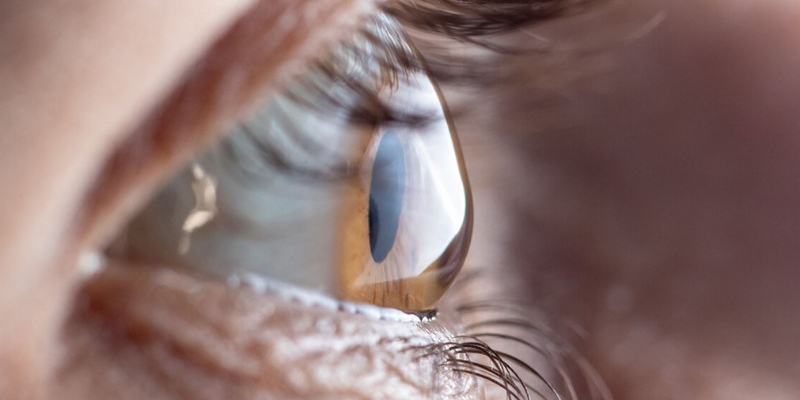Keratoconus

What is Keratoconus?
Keratoconus is a degenerative eye condition in which the normally round cornea (the
clear front part of the eye) becomes thin and irregular in shape. This irregular shape
causes light entering the eye to become distorted, leading to vision problems such
as blurred or double vision, glare, haloes around lights and sensitivity to light.
In early stages of the condition, spectacles or soft contact lenses may correct vision,
but as the cornea continues to change shape, more rigid or scleral lenses may be
necessary.
Common Keratoconus Symptoms
The symptoms include:
- Blurred or distorted vision
- Increased sensitivity to light and glare
- Frequent changes in eyeglass prescription
- Sudden worsening or clouding of vision
- Eye redness or swelling
- Progressively worsening nearsightedness (myopia)
- Eye strain or eye pain
Keratoconus Causes
Keratoconus arises due to the thinning of the cornea, which leads it to bulge into a cone-like shape. While the exact cause remains unknown, a combination of factors is believed to contribute to its development. Genetic predisposition plays a role, as those with a family history are at a higher risk. Environmental factors, such as excessive eye rubbing and exposure to ultraviolet rays, might also be contributing factors. Additionally, certain conditions, including allergies, asthma, and connective tissue disorders, are more commonly associated with keratoconus, suggesting a potential link. Overall, it’s likely that both genetic and environmental factors jointly contribute to the onset and progression of the disease.
When to Call a Doctor
If you experience symptoms that come on suddenly, you need to consult a doctor immediately.
Book an appointment if you suspect you suffer from Keratoconus?
Other Eye Conditions

Cataracts

Cataracts

Macular Degeneration

Macular Degeneration

Diabetic Retinopathy
Frequently Asked Questions
How is keratoconus diagnosed?
It's diagnosed through a comprehensive eye exam, including corneal topography, which maps the surface curvature of the cornea.
Does keratoconus affect one or both eyes?
Keratoconus typically affects both eyes, though it can progress at different rates in each eye.
Is keratoconus progressive?
Yes, it typically progresses over a decade or two and then can stabilise. However, the rate and pattern of progression can vary by individual.
Can keratoconus lead to blindness?
While it can significantly impair vision, keratoconus itself doesn't typically lead to complete blindness. But it can make vision challenging to correct with standard glasses or contact lenses.
